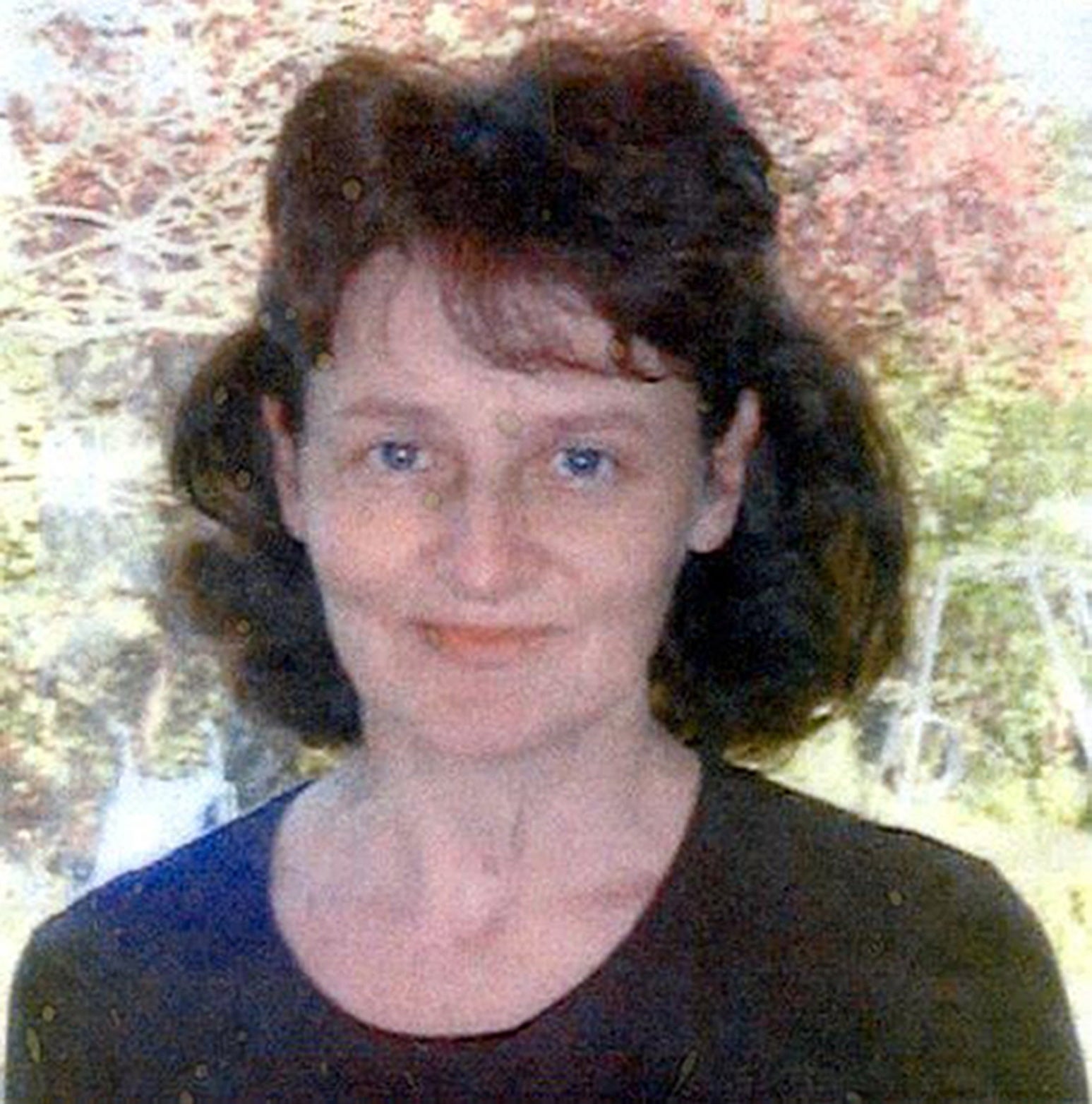Wife killer Glyn Razzell denied release after he refuses to reveal where he hid her body
Glyn Razzell was convicted of murdering his wife after she disappeared without a trace on her way to work in 2002

Wife killer Glyn Razzell has been denied release from prison after he refused to reveal where he hid her body at a public parole board hearing.
Glyn Razzell was convicted of murdering mother-of-four Linda Razzell, 41, after she disappeared without a trace on her way to work in Swindon, Wiltshire, in 2002. Despite extensive searches, her body has never been found.
At a rare public parole board hearing last month, the killer refused to reveal where he left her remains, despite pleas from their children to be able to hold a funeral.
On Tuesday the parole board published its decision refusing to release the 64-year-old after nearly 22 years in prison.
The parole board panel said it had considered Helen’s Law, which aims to make it harder for inmates to be freed until they reveal what they did with their victim’s remains, with “great care”.
They said they believe he has information about her remains which he has refused to share.
It said: “Mr Razzell had not disclosed information because he continues to deny killing the victim, does not want to lose his desired status of being a ‘wrongly convicted murderer’ and he has been attempting ‘self-preservation’ to keep himself ‘psychologically intact’ by keeping control of the narrative.”
The panel said there was “ample evidence that Mr Razzell is capable of wholesale deceit (and) that his wilful and deliberate withholding of the relevant information indicates that he continues to be a risk”.
It also found that Razzell had done “little work” to address his assessed risk factors in nearly 22 years of imprisonment and that he “does not acknowledge” that he has any risk factors “despite overwhelming evidence”.
The panel was “not satisfied” that Razzell‘s release would be safe and therefore refused it.
The panel also found that Razzell had not done what had been recommended by the previous review of the Parole Board or by professionals in his case.
In its decision, the panel said his unwillingness to complete the work was “evidence at best, his potential for non-compliance, at worst, his false compliance and continued deceit”.
It added: “He has, it seems still ‘got something to hide’.”

At the parole hearing last month, held at an open prison where Razzell is serving his sentence, he was asked by a panel of experts if he could help police locate her body.
The panel asked: “Your children and Linda Razzell’s family have been grieving for many years and they want to arrange Linda’s funeral... Where can the police locate the remains of Linda Razzell?”
He claimed he shared his children’s “anguish” but added: “I don’t know where Linda’s remains are. I don’t even if she’s dead for sure. I am sorry if that upsets people.
“I do understand the anguish my children in particular and Linda’s family… I understand the way they feel. If there were anything I could do to help than I really would, particularly for my children.
“I don’t know where Linda’s remains are. I don’t even know if she’s dead.”
He even claimed blood evidence was planted - with his estranged wife’s help - to “incriminate” him.
Razzell and his wife were embroiled in divorce proceedings when she went missing and his trial was told he faced a financial settlement he was not prepared to accept.
On the day of her disappearance in March 19 2002, Mrs Razzell left her home in Highworth, Swindon, dropped her then fiancé Mr Worrall to work at the local Honda factory and her kids to school.
Her red car was later found in a side street near where she worked at Swindon College, along with her mobile phone which had been left on the ground.
Razzell was arrested and charged with her murder two months later after police found bloodstains matching Linda in the boot of a car he had borrowed.
At his trial in Bristol, Razzell was described as “a methodical man who planned everything”.
Helen’s Law, also known as the Prisoners (Disclosure of Information About Victims) Act 2020, was named after insurance clerk Helen McCourt, who vanished on her way home from work in Billinge, Merseyside, in 1988.
The law was passed following a tireless campaign from Helen’s mother Marie McCourt, but came too late to stop Helen’s killer Ian Simms being granted parole. Simms died last year without ever revealing what he did with her body.



